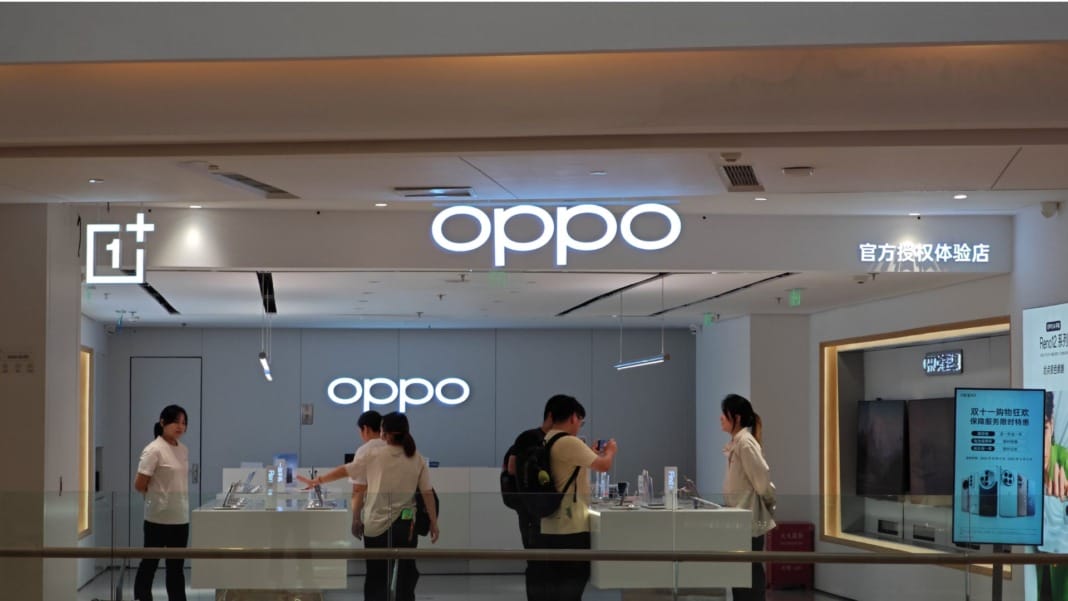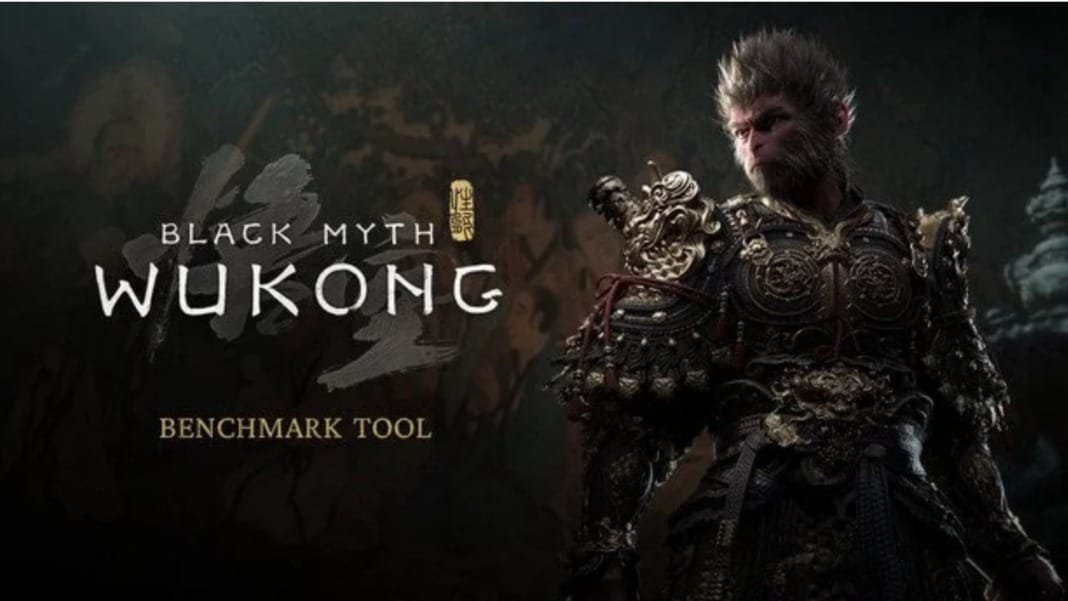In a major move to boost AI research, Chinese smartphone manufacturer Oppo and Hong Kong Polytechnic University (PolyU) have joined forces to establish an AI imaging technology research centre in Hong Kong. The partnership was solidified last Friday as Oppo pledged a substantial investment of 30 million yuan (approximately US$4.2 million) over the next five years to support this ambitious initiative. The collaboration aims to push forward artificial intelligence research, focusing on innovative imaging technology and training the next generation of PhD and postdoctoral researchers.
Oppo’s commitment to advancing AI talent and innovation
Oppo’s funding for the new AI centre represents a notable investment in talent development. The latest research facility will build on the success of a smaller innovation lab launched two years ago by both parties. Scheduled to open its doors in January next year, the centre aims to recruit 25 PhD students and several postdoctoral researchers over the next five years. The facility will focus on computer vision—a field that has been a primary study area for Professor Zhang Lei, chair of computer vision and image analysis at PolyU’s computing department, for over two decades.
The centre’s research will extend beyond traditional computer vision, incorporating generative AI (GenAI) technologies. GenAI, which includes applications like ChatGPT, is known for its ability to create new content across various media, from images and text to simulations and videos. The research will explore how these algorithms can improve and revolutionise AI imaging, creating new opportunities in consumer technology.
In an interview with local media, Professor Zhang stressed the importance of nurturing AI talent instead of focusing on short-term project-based research. “Without the opportunity to nurture talent, anything you pursue serves only a short-term purpose,” he said, underlining the unique aspect of this collaboration, which aims to build a lasting impact in the AI field.
Addressing global competition and talent mobility
This partnership underscores the importance of collaboration between academia and industry, especially amid the fierce competition between the US and China to lead AI technology. Oppo’s focus on fostering AI expertise reflects the rising demand for skilled researchers in China as the nation works to build a competitive edge in this fast-evolving sector.
The talent race in AI remains a global affair. MacroPolo’s AI Talent Tracker shows that the United States continues attracting many of the world’s leading AI researchers despite China’s efforts to expand its talent pool. MacroPolo, the research arm of the Paulson Institute, notes that many skilled individuals are open to moving internationally for better opportunities, bringing valuable knowledge to contribute to local AI advancements.
Professor Zhang believes Hong Kong holds unique advantages in attracting talent, particularly given its status as an international hub within the Greater Bay Area. “Hong Kong’s international environment, combined with its position within the Greater Bay Area, offers a prime location for AI research,” he noted. Zhang also pointed out that local start-ups and universities should actively pursue regional cooperation opportunities to stay at the forefront of AI development.
Looking forward to collaborative research in the Greater Bay Area
Establishing the Oppo-funded AI centre highlights Hong Kong’s potential to be a central player in AI research and talent development within the Greater Bay Area. With the research centre set to begin operations early next year, Oppo and PolyU are optimistic that their partnership will result in breakthroughs in AI imaging technology. As the AI field grows increasingly vital to global tech progress, the centre’s success could help position Hong Kong as a significant contributor to the advancement of artificial intelligence in Asia.
This collaboration is expected to benefit both the academic and tech communities by driving AI application innovation that enhances consumer experiences. Through this partnership, Oppo and PolyU aim to play an integral role in shaping the future of AI talent, bridging the gap between research and real-world applications, and strengthening Hong Kong’s influence in AI development.





